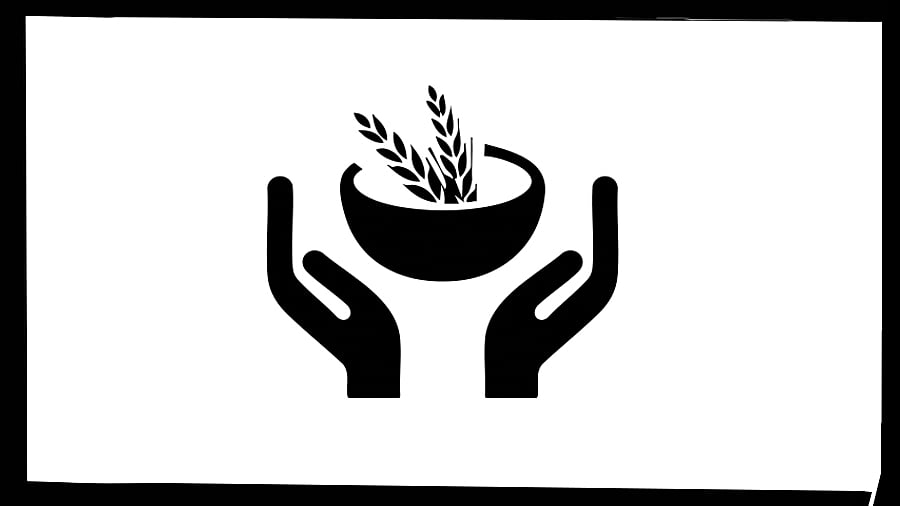
India is advancing an ambitious trade agenda with thirteen free trade agreements (FTAs), some pending implementation and others under negotiation. A landmark milestone is the FTA with the United Kingdom, signed in July 2025, granting Indian firms near tariff-free access while easing duties on 90% of UK goods. The India-EFTA TEPA, effective October 2025, pledges $100 billion in investments to boost jobs and manufacturing. Ongoing talks with the EU, US, Australia, and GCC aim to diversify partners and expand exports. While these agreements hold significant potential for economic growth, they must concurrently safeguard citizens’ health in the face of widening global inequality, disruptions to multilateralism, growing corporate influence, and the spread of misinformation.
Foreign trade and investment agreements flow through shifts in policy space, market dynamics, and corporate practices can either reinforce or undermine public health outcomes. The global food system exemplifies how trade shapes health. Often, FDI from transnational food corporations has increased high-fat, high-sugar, high-salt (HFSS) and ultra-processed food availability, displacing traditional diets and driving obesity and NCDs, as seen in Mexico, Chile, and Thailand. India mirrors this trend, with their sales growing 13.3% annually during 2011-2021, as calculated by the 2023 WHO-ICRIER White Paper. Regulatory responses, like front-of-pack warning labels, advertising restrictions, sugar taxes, and healthy food procurement policies, are often found to be incomplete and inconsistent. This makes it all the more concerning that the final UN draft declaration on NCDs included increased concessions to soda and alcohol industries, reflecting how commercial pressures continue to dilute global health commitments.
India’s evolving free trade architecture further complicates this picture. Its FTAs with the UK, Australia, UAE, and ASEAN commendably include crucial safeguards for agriculture and dairy, thereby supporting food security for nearly 260 million farmers. However, they fall short on ensuring nutrition security, an omission that is especially critical amid India’s dual burden of malnutrition and rising obesity. Moreover, low farm incomes hinder the adoption of sustainable agricultural practices, while import surges, dietary simplification, and stringent sanitary and phytosanitary (SPS) barriers risk reducing access to diverse, nutrient-rich foods. Similar challenges are emerging in FTA negotiations with the EU and Canada, where non-tariff barriers, like complex labelling, certification, and testing rules, have already constrained India’s agricultural exports.
To address these risks, India must embed explicit food and nutrition security provisions in future FTAs, support crop diversification, and ensure that trade strengthens rather than undermines farmer livelihoods and public health goals.
These issues are central to how trade and investment treaties, i.e., multilateral (WTO), bilateral (FTAs, BITs), or services-oriented (GATS), reshape health policy space. Provisions on intellectual property (TRIPS), investor-state dispute settlements (ISDS) under BITs, and excessive services liberalisation can delay or discourage regulations on drug pricing, generic medicine entry, tobacco and alcohol control, food safety, occupational standards, and water access. Cumulatively, these constraints could fuel a transnational public health crisis that national health systems, designed for domestic risks, are ill-equipped to handle.
Ethical and regulatory scrutiny
India must carve out critical spheres from intrusive trade disciplines through strong exceptions, protecting public health services and financing. Commitments should not compel unchecked commercialisation of core services, restrict public financing, or undermine price controls. Access to medicines must be safeguarded by resisting TRIPS-plus provisions like data exclusivity or patent extensions that delay affordable generics and biosimilars. For example, India’s FTA with the UK dilutes TRIPS flexibilities on compulsory licensing and technology transfer, potentially hindering global access to affordable medicines and medical technologies. India should also retain autonomy to regulate food systems with front-of-pack labels, sugar taxes, marketing limits, and school food regulations. For tobacco and alcohol, policy space for plain packaging, high taxation, outlet density limits, and advertising bans must be shielded from ISDS challenges. Environmental, water, and occupational standards must remain free from punitive investor claims.
In gist, anticipatory regulation for FTAs must be assessed in advance. Equally, India must continue its WTO reform agenda to secure public stockholding for food security through public distribution and special safeguard mechanisms to protect farmers. This shall align trade with national food, health, and social justice goals, ensuring equitable, sustainable outcomes.
As New Delhi advances several high-stakes FTA negotiations, four critical safeguards are essential for short and long-term health protection. First, mandatory stakeholder consultation must engage health and other ministries, FSSAI, NIN, ICMR, civil society, professional associations (e.g., pediatrics, cardiology, endocrinology), patient groups, and state governments early in negotiations, not after legal scrubbing. Second, a time-bound, statutory health impact assessment (HIA) must evaluate trade chapters, such as intellectual property, services, e-commerce, investment, and technical barriers, with evidence-based alternatives and mitigations. Third, given India’s lack of a formal ratification process, parliamentary oversight and debate must be institutionalised to address trade pacts’ fiscal and health impacts, reinforcing constitutional commitment to democratic governance. Fourth, a dedicated statutory body within the Health Ministry, endowed with adequate funding and authority, should be formed to continuously monitor trade agreements’ health implications, informing policymakers and the governance ecosystem to strategically support India’s public health goals and global health ambitions in foreign diplomacy.
Collectively, these measures could form the basis for India to constitutionally backed standard practices for trade negotiations, one that garners respect in multilateral settings, shields against opportunistic behaviour by transnational corporations, and helps navigate broader geopolitical pressures. India can be economically ambitious and yet health-wise prudent. Trade is not health’s enemy; opacity, power asymmetries, and weak safeguards are.
(The writer is a Public Health fellow at Tampere University, Finland, and a research associate at the Albert Hirschman Democracy Centre at the Geneva Graduate Institute)